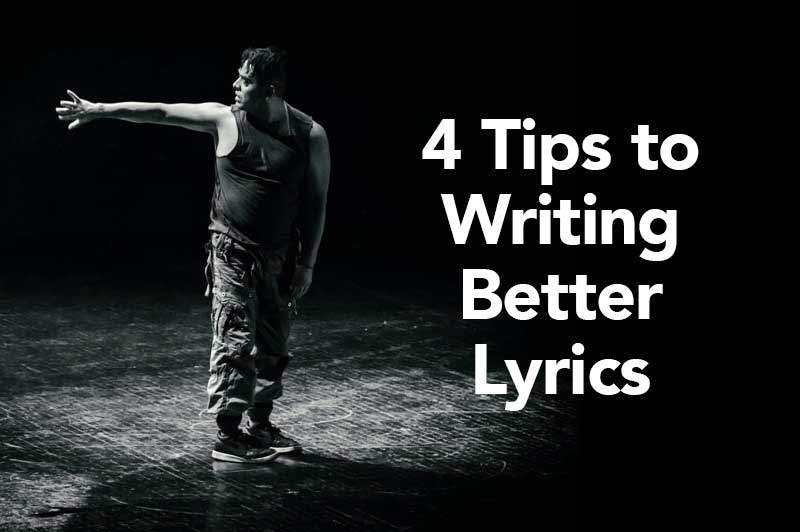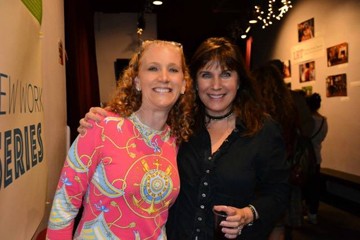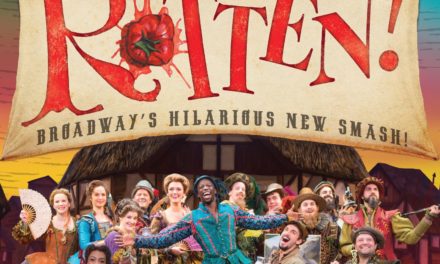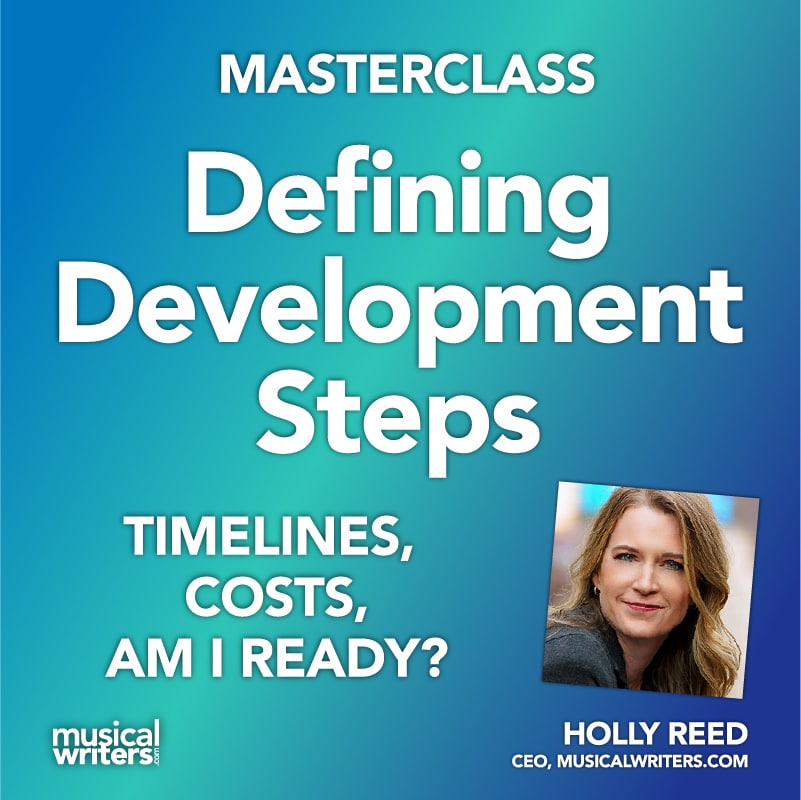Writing songs for musical theatre can be a very perplexing and complicated process, but the satisfaction of bringing a story to life will always be worth all the effort. All writers work in different paces, and all songs take different courses towards completion—some can be finished in less than an hour, while others can take much, much longer. In fact, award-winning songwriter and playwright Lin-Manuel Miranda shares that writing “My Shot” from his hit musical Hamilton took him over a year to write.
But don’t fret, because as long as you have the same passion and dedication for your pieces, you’ll most definitely create something you’re going to be proud of. In this article, we’ve put together 4 tips to help you write better lyrics and strengthen your songwriting journey.
[Note: This post contains affiliate links. Read our full affiliate disclosure here.]
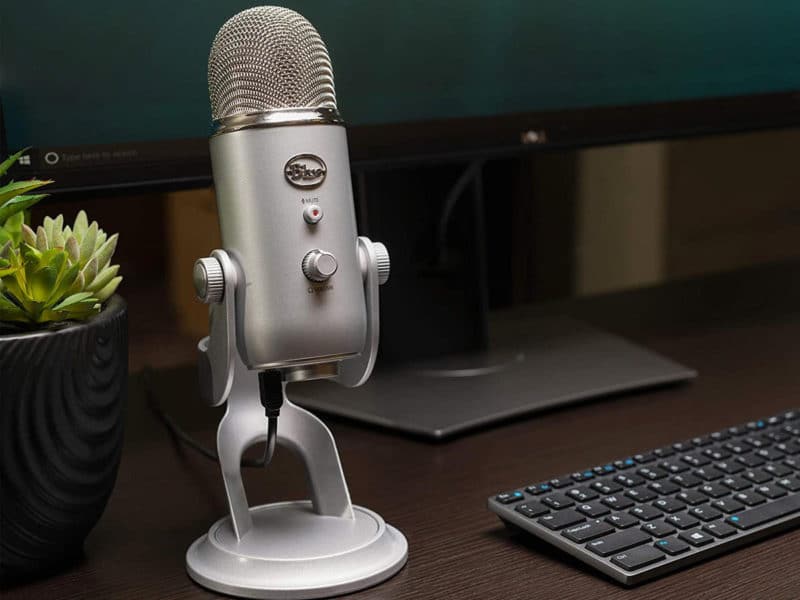
One of the best USB mics on the market today is the Blue Yeti. MW CEO Holly Reed uses this one for all her demo recordings and Zoom meetings. Click here to view on Amazon.
Record your progress and changes
Whether you’re just humming a little tune or plucking chords for some inspiration, don’t forget to grab a microphone, device, and a pen and paper. The biggest mistake would be to experience a moment of eureka! and then end up not being able to recall it clearly afterward. Recording your progress will also allow you to work freely without worrying about missing anything you went over. Having your progress recorded on a device will also help you for references and comparisons if you want to change anything further down the line.
MW Tip: On the run and struck with an idea for a great lyric? Don’t lose the idea search for your voice-recorder. Move a voice-recording app to the home screen of your phone or set it as one of the apps on the face of your Apple watch so you can quickly tap “record” and capture that idea. For higher quality recording when at your desk, use a USB mic (such as the Blue Yeti pictured above) partnered with QuickTime (which comes native on MacOS) or VLC (recommended for Windows users).
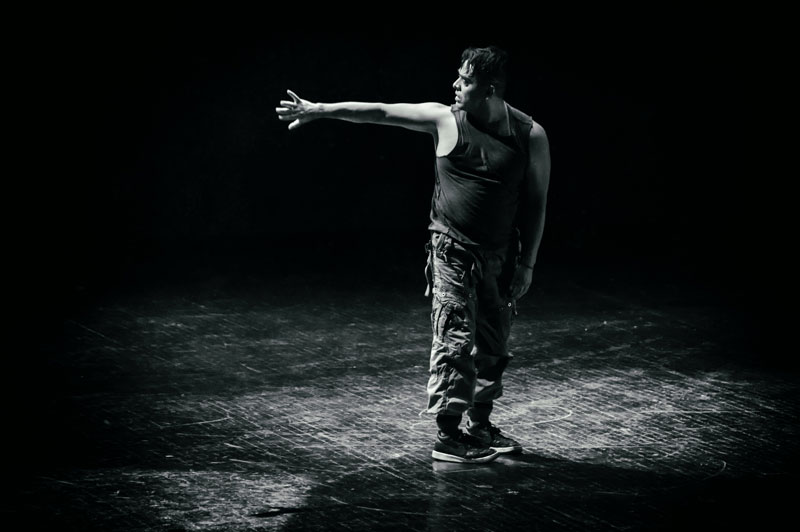
Write in-character
To write better lyrics, it is crucial for writers to develop the skill of putting themselves in a character’s shoes. See the world from their point of view, and put into words what the character feels. Composer Brett Ryback poses 4 simple questions you can ask yourself: What do they want? What will the character do to get what they want? What is the underlying emotion of the song moment? What are the sensorial elements of the song moment?
If you’re feeling stuck, it’s easier to tinker with your answers to simple questions such as these, rather than starting from scratch. Let your insights and emotions flow naturally, and then see where it can take you.
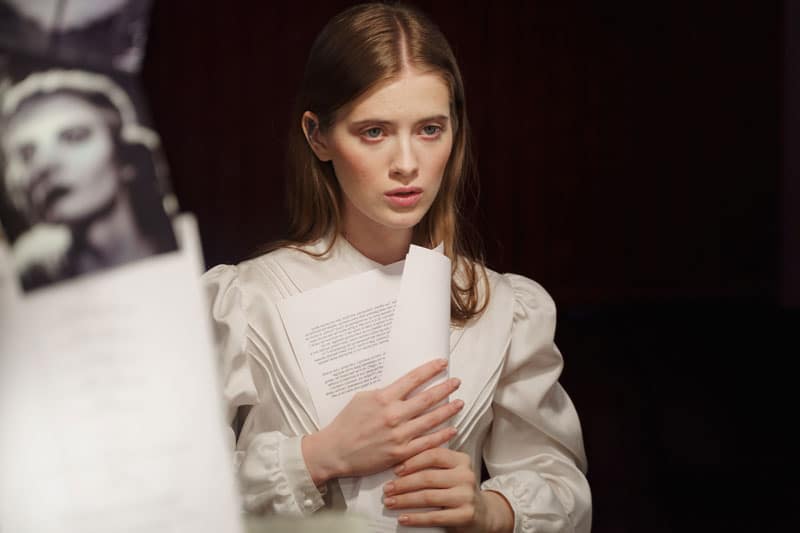
Stick to a theme and style
The key to picking themes for your songs is to make them universal. Regardless of the setting, time, and plot, there will always be recurring themes that stand the test of time and still prove to be relevant at any day and age. For instance, although Spring Awakening and Dear Evan Hansen are musicals set in the 19th century and 21st century respectively, both deal with themes of coming-of-age, mental health, and even darker notes of loving, losing, and death. Sticking to a composing and musical style will also make your work sound cohesive and united.

Get creative lyrically
Part of what makes musical theater so exciting is the experience of deciphering the synecdoches, allusions, and references sprinkled throughout the lines. In our MusicalWriters feature on writing good metaphors, we advise writers to get inspired from different sources in life. Listen for metaphors mentioned in conversations, read poems that evoke the same emotions as your story, or even try to go on a metaphor walk. Make use of striking imagery that won’t easily be forgotten by your audience, and then bring it up during crucial moments in the story.
As we’ve mentioned, songwriting is a journey—but think of it as your journey too, to becoming a better musician and improving your work as a storyteller.
Written exclusively for Musicalwriters.com by Alice Copperfield.

